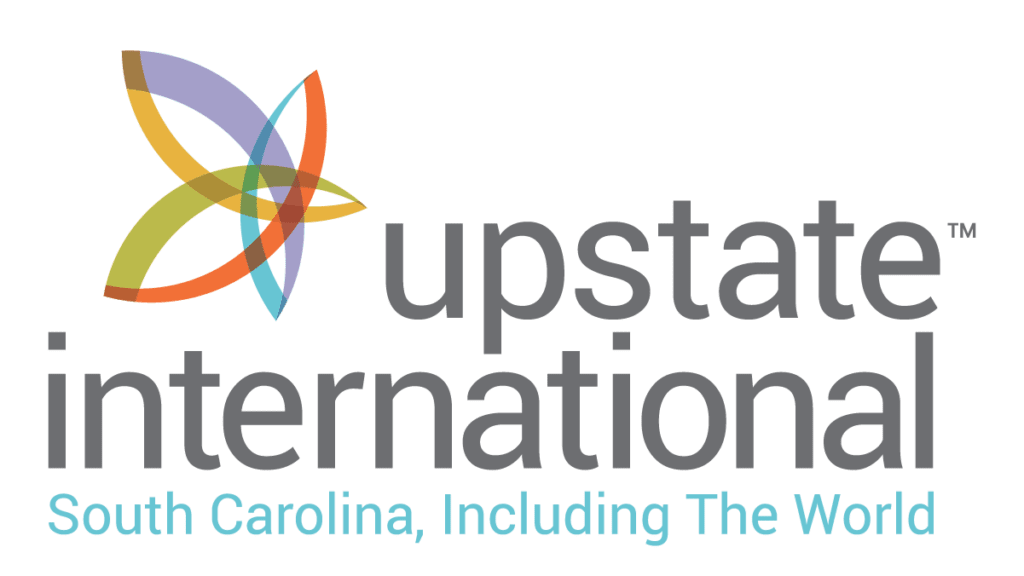World Affairs Council Upstate
Maintaining an Active Voice in World Affairs
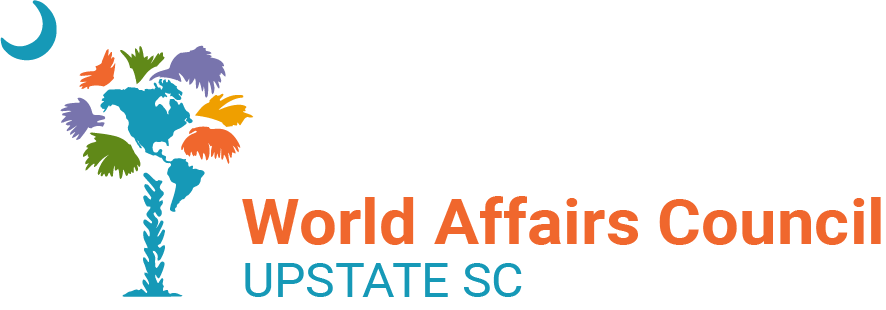
Promoting Global Identity in the Upstate.
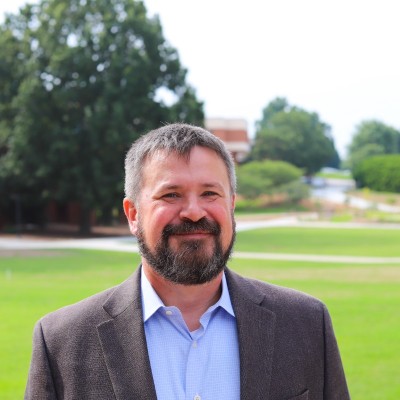
Beyond the Waves: China’s Actions and Ambitions in the Pacific
Dr. Steven Sheffield will explore China’s growing strategic influence in the Pacific Island nations, examining its approach to great power competition through the DIME-FIL framework—Diplomatic, Information, Military, Economic, Financial, Intelligence, and Law Enforcement. This talk will cover China’s diplomatic engagement, economic investments under the Belt and Road Initiative, military expansion, and efforts to reshape regional governance. Dr. Sheffield will also address China’s use of information operations, cyber tools, and financial strategies like debt diplomacy. The discussion will assess the implications for U.S. and allied forces and propose responses such as enhanced security partnerships and regional diplomatic engagement.
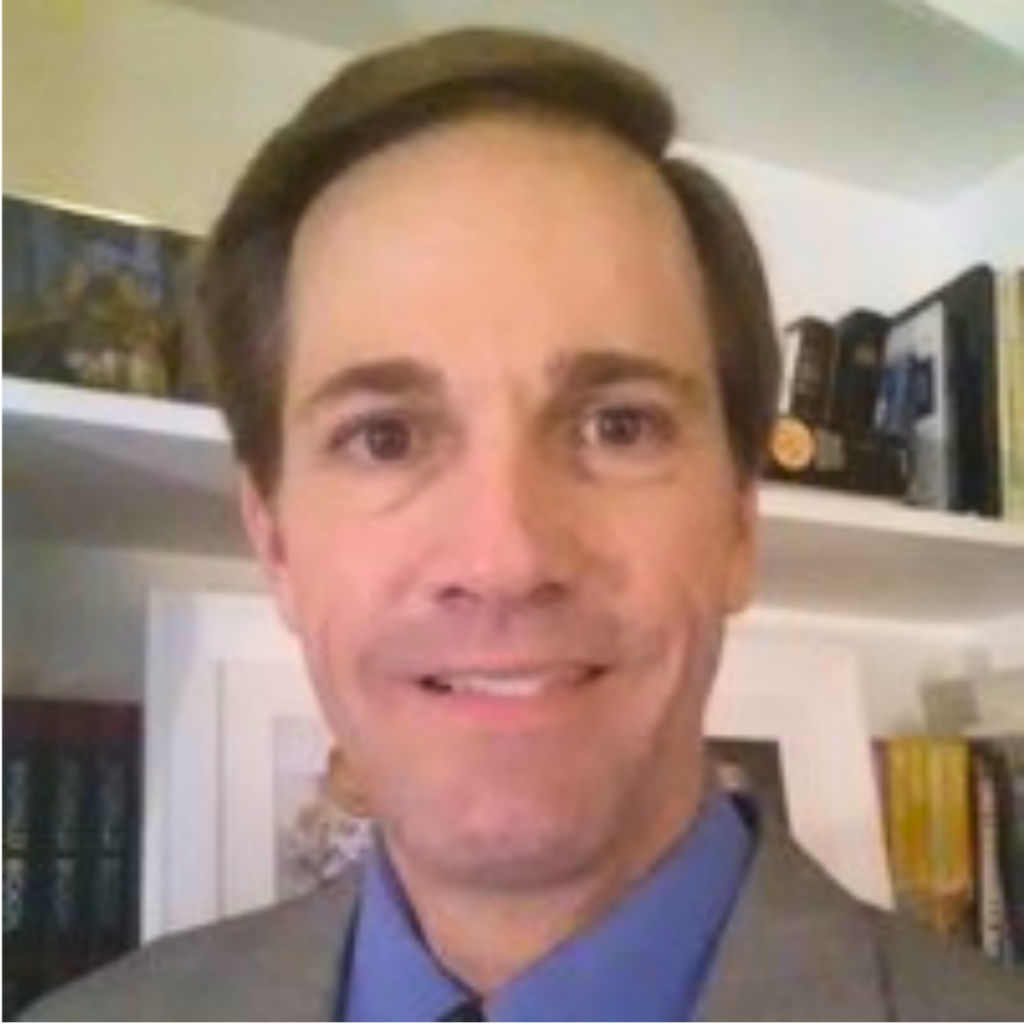
Global Threats, Local Risks: Protecting Your Data in a Connected World
Following the successful kickoff of this new quarterly series, Global Connections, At-Net will lead the second session on Wednesday, May 21st, featuring Michael Sylvester, Chief Strategy Officer at AT-NET, with a timely discussion on cybersecurity: Global Threats, Local Risks – Protecting Your Data in a Connected World. Hosted by Upstate International (UI) and the European American Chamber of Commerce, these after-work gatherings at Old Europe Coffee in Simpsonville, SC offer expert-led talks on current global topics in a relaxed, social setting with coffee or wine. The goal is to connect the expat community with local residents, fostering meaningful relationships between international and American attendees.
Join Us and Get Involved in Leading Discussions on
Global Issues
At World Affairs Council Upstate, we are participants in shaping a global tomorrow. As a member of the World Affairs Councils of America, and the 2023 World Affairs Council of the Year, WAC Upstate invites you to broaden your understanding of critical world issues, network with international business leaders, innovators, academic researchers and experts, and participate in new opportunities for growth.
- October 29 & 30, 2025
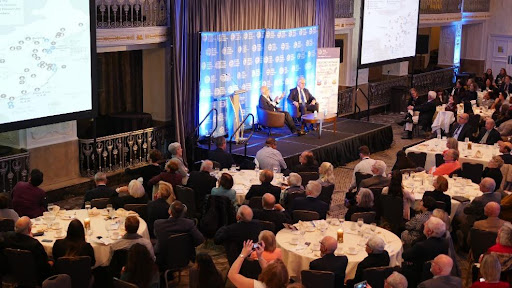
About WACA
A National Network of Nonpartisan Organizations
Form new Partnerships and Enhance Existing Collaborations
Dedicated to fostering a deep understanding of global affairs and cultures, and supported by individuals and businesses, the World Affairs Council Upstate helps globally-minded South Carolinians engage directly with each other and with topic experts, elected officials, civic leaders, and professionals from around the world. We partner with and promote other organizations and their effective implementation of impactful community initiatives.
Beyond the Headlines Speaker Series
View Events
Global Upstate Conference on International Business & World Affairs
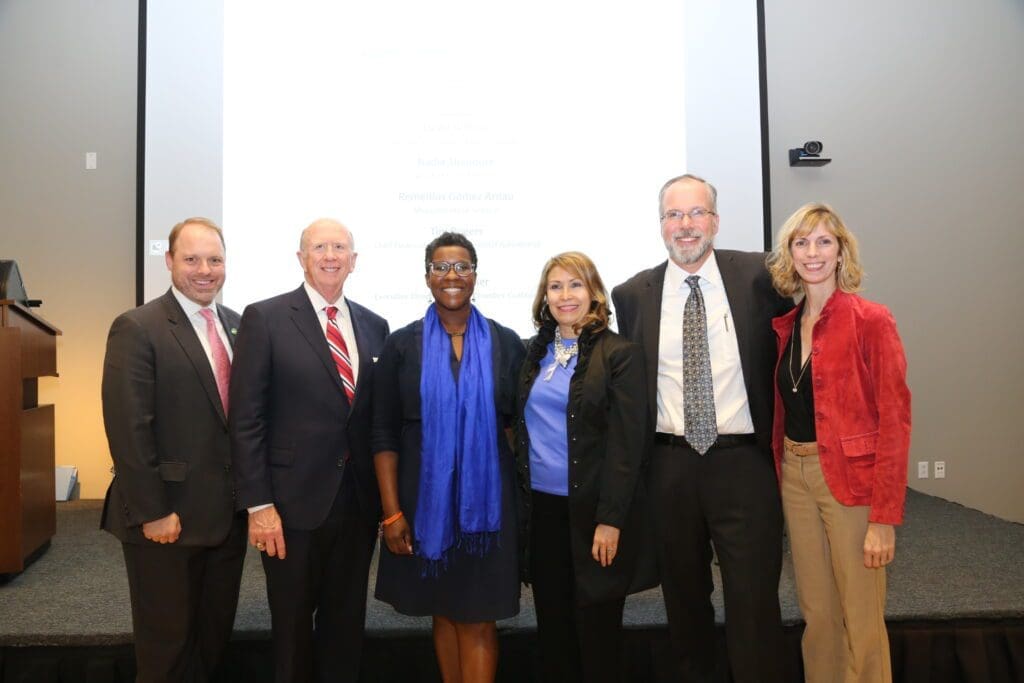
Access our Online Speaker Series
View on Our Youtube Channel
If you could not attend, or you just want to view it again to refresh yourself on points that were discussed, you are in luck. We have posted PDF files of the slides, if any were used, in the presentation and a YouTube video recording of the presentations.
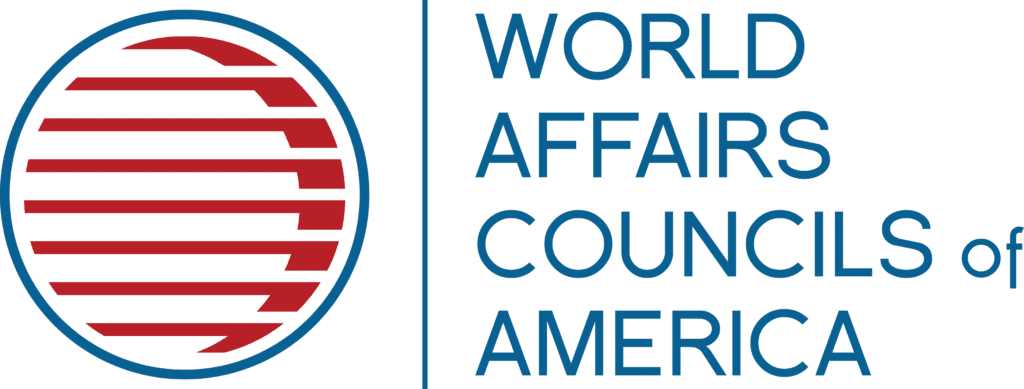
World Affairs Councils of America
Great Decisions, Travel the World, and World in Transition.
Every year, the nation-wide network of World Affairs Councils collectively conducts more than 1200 programs in communities and cities across the nation. Each council sets its own calendar and programs. The WACA offers a number of programs every year, including our annual National Conference, national program series, Leadership Missions, and special programs. It also acts as a distribution center for five national flagship programs: Academic World Quest, It’s Your World!
Each year, WACA negotiates subscription discounts with various publications for the Council network. This benefit is unique to WACA and serves as a reminder of the value of the national network. While the list of the confirmed discounts will continue to grow, we can announce today special discounts from:
- Foreign Affairs – Click here to get 30% a subscription for Foreign Affairs Plus
- World Politics Review – Click here to get full individual access for just $1 for the first three months, then only $48.50 for the first full year after that–50% off WPR’s standard rate.
- Project Syndicate – Click here to receive 30% off a Project Syndicate Digital or Project Syndicate Digital Plus subscription when using the code WACA2024.
Sign up to be the first to hear about upcoming events at member councils across the country, WACA office hours and roundtables for council-to-council development, member news and job opportunities, and more – all to help you promote nonpartisan global conversations and events from wherever you are.
Many of our WACA affiliates offer travel programs to cooperating councils, just another benefit of a WACU membership. The trips offer all the highlights of touring, as well as access to political leaders and local experts for behind the scenes briefings not available to most tourists. Many WACA tours feature Council leaders who are experts in their fields of diplomacy, journalism or academia to create added-value experiences. And, perhaps most importantly, travelers become Citizen Diplomats with an opportunity to ‘meet the people’ to foster the dynamic exchange of international cultures and ideas.
Please click for details about the World Affairs Council of Charlotte and the World Affairs Council of Philadelphia upcoming travel opportunities.
Upcoming Events
Learn Global, Network Local
Check back soon for upcoming events
WACU Steering Committee
Meet the team of educators and business leaders that are organizing & steering the efforts of the World Affairs Council Upstate.
